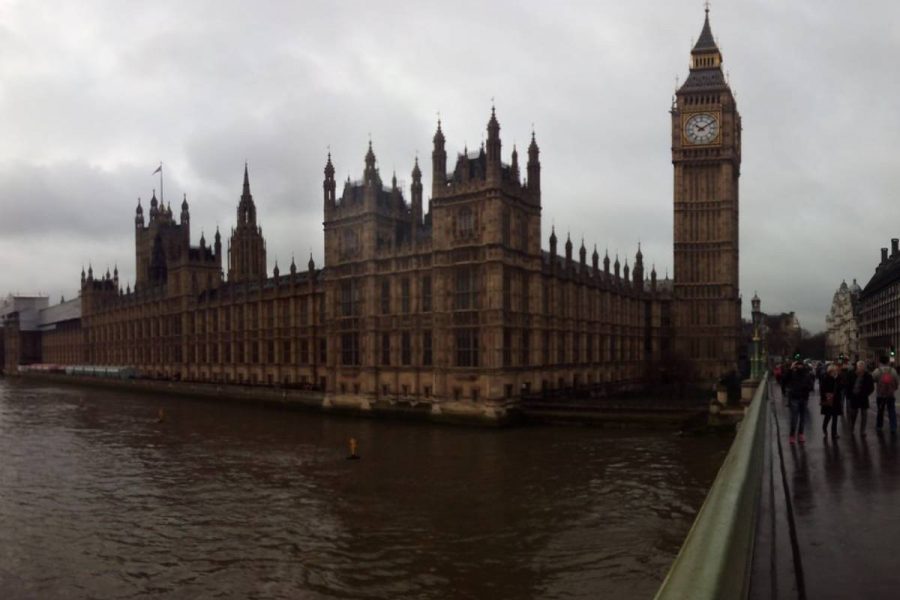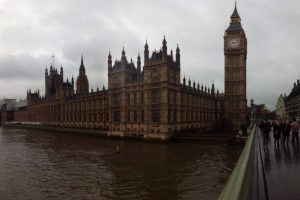UK charity: 63% support total ban on gambling advertising

The Royal Society for Public Health has added its voice to the growing debate on gambling advertising in the UK.
UK.- The British charity the Royal Society for Public Health (RSPH) has urged the government to tighten restrictions on gambling advertising as part of its ongoing review of gambling legislation.
The charity signalled a new survey from YouGov that found that 63 per cent of adults in Britain were in favour of a complete ban on gambling advertising. The survey found that 33 per cent were unsure or had no opinion on a total ban, and only 14 per cent opposed the idea.
Meanwhile, 77 per cent of adults were in favour of a ban on gambling advertising on television and radio before 9pm.
In the survey of 12,247 adults and 2,513 minors, some 65 per cent of adults believed gambling operators should not be able to sponsor sporting events or teams. Meanwhile, 76 per cent supported calls for operators to pay a mandatory levy to pay for problem gambling programmes.
RSPH chief executive Christina Marriott said: “Advertising is a powerful force in our society – it not only influences what we buy, but it also tells us what is normal, and what we should aspire to.
“Given the harm that gambling can inflict on individuals, families, workplaces and communities, we need to take a stronger stand against it being embedded into our social and cultural lives. We no longer allow air time to other products which harm our health, like tobacco products: gambling should be no different.”
The charity’s call comes amid growing debate on gambling advertising in several countries. In the UK, the Betting and Gaming Council has fought back at calls for a ban on gambling ads during the UEFA European Football Championship.
Meanwhile, the Swedish Ministry of Finance has proposed new rules for gambling advertising, treating it to the same kind of controls currently required for alcohol adverts.
The European Gaming and Betting Association (EGBA) has tasked an independent body to monitor members’ advertising campaigns against its code of conduct during the Euros.











